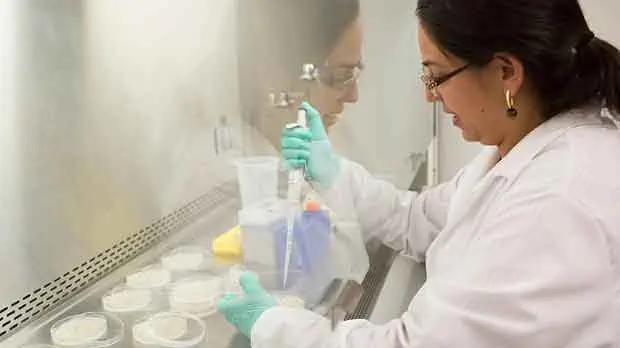
Source: NPR
Genetic testing has become more popular over the years as companies have made it more accessible to the public, and possible with only a saliva sample submitted to the company, straight from home. However the trend has led to concerns by health experts who say that genetic testing can be unclear.
At least one-third of Americans have had or considered getting a genetic test done, and the results, NPR finds, are not always easy to actually interpret.
While so many use genetic testing to find certain mutations in their genes that place them at higher risk of getting certain diseases, such as cancer, some health experts find the trend of genetic testing at home “troubling” for various reasons. Perhaps the most troubling reason is that the results are often not clear and not interpretable without a health expert.
“What people deserve is well-thought-out information,” says James Evans, professor of genetics and medicine at University of North Carolina, as reported by NPR.
Health experts express concern over people relying too much on genetic tests to identify risks for diseases. For example, if a woman were to find that she wasn’t at particular risk of developing cancer, she might choose to do fewer mammograms. Other health experts however say that giving the public access to gaining information on their health is helpful and important nevertheless.
Read Full Story: NPR
